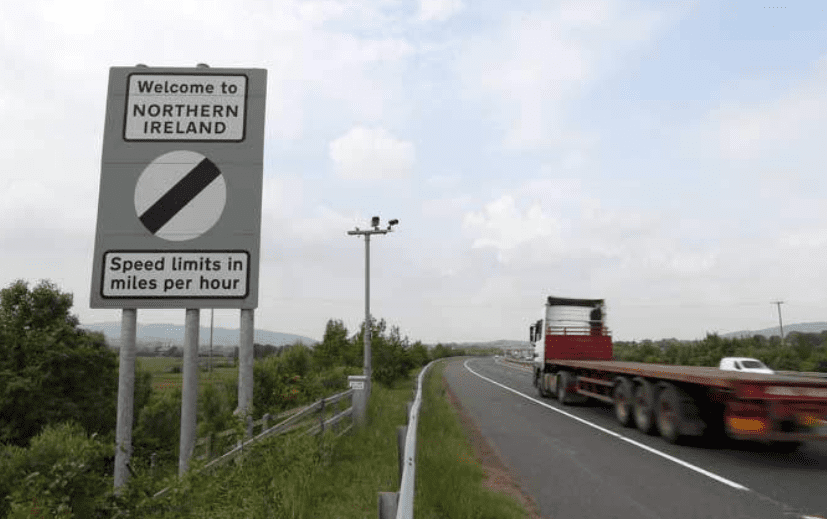A British farmers’ representative group has written to UK Prime Minister Boris Johnson, urging him to review the UK’s no-deal trade tariffs – in particular for the island of Ireland.
The National Farmers’ Union (NFU) has called for an urgent review of the UK government’s no-deal trade tariff policy that would come into effect if the UK leaves the EU without a deal.
Under the current no-deal applied trade tariffs, the UK would be forced to trade on World Trade Organisation (WTO) rules, meaning UK farmers would face higher fees on exports such as 48% on lamb and 84% on beef, the NFU has said.
In the letter, NFU president Minette Batters reaffirmed the NFU’s view that a no-deal Brexit would be a disaster for British farming and that any exiting of the EU must be smooth and orderly.
The NFU listed a number of requests for the prime minister regarding the trade policy.
- Adjust the zero tariff that has been set on eggs, some dairy products, horticultural products and grains;
- Review the zero-tariff arrangements for the land border on the island of Ireland;
- Ensure detailed arrangements are in place for robust and timely market monitoring to understand the impact of the tariff regime and to enable remedial action adjusting tariffs if necessary.
In the letter, Batters wrote about the consequences of a no-deal departure on the UK farming industry, highlighting in particular the “tariff treatment of both imports and exports”.
“Clearly TR, while at the same time lower or no tariffs on imports into the UK will put further pressure on domestic producer prices.
“There’s also the risk that without the maintenance of tariff protections we would be in danger of opening up the UK to imported food which would be illegal to be produced here.
The situation is particularly stark on the island of Ireland where no tariffs will be collected on imports across the land-border.
“There is no indication that such an arrangement will be reciprocated by the EU and there is nothing in practical terms to stop this trade becoming an open gateway for all EU goods entering the UK duty free.”
Batters said that the NFU understands that the tariff policy is “intended to be temporary and in response to an undesirable situation”.
She added: “However, it’s imperative that such an approach does not form the basis for the UK’s long-term international trade policy.
Government must act now to address our concerns and revise the tariff regime to try and lessen the significant damage which a no-deal would inflict on the UK farming sector.
“It is also important that government manages prices for the public in a no-deal scenario – these tariff arrangements will have little impact on retail food prices yet could have a massive impact on the viability of farm businesses.
“Leaving the EU, our closest neighbour and trading partner, in a smooth and orderly way is vital to allow our farm businesses to have a viable and sustainable future,” Batters concluded.
